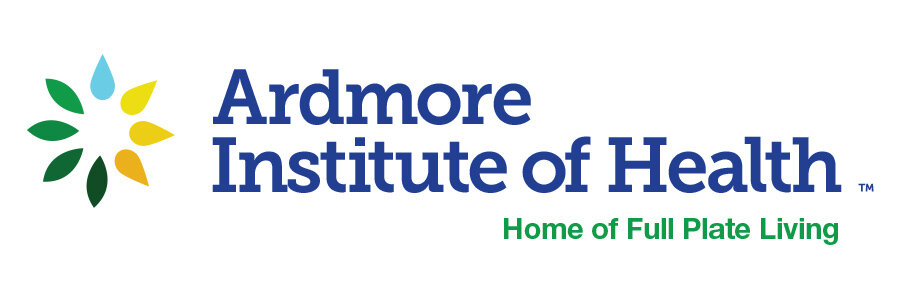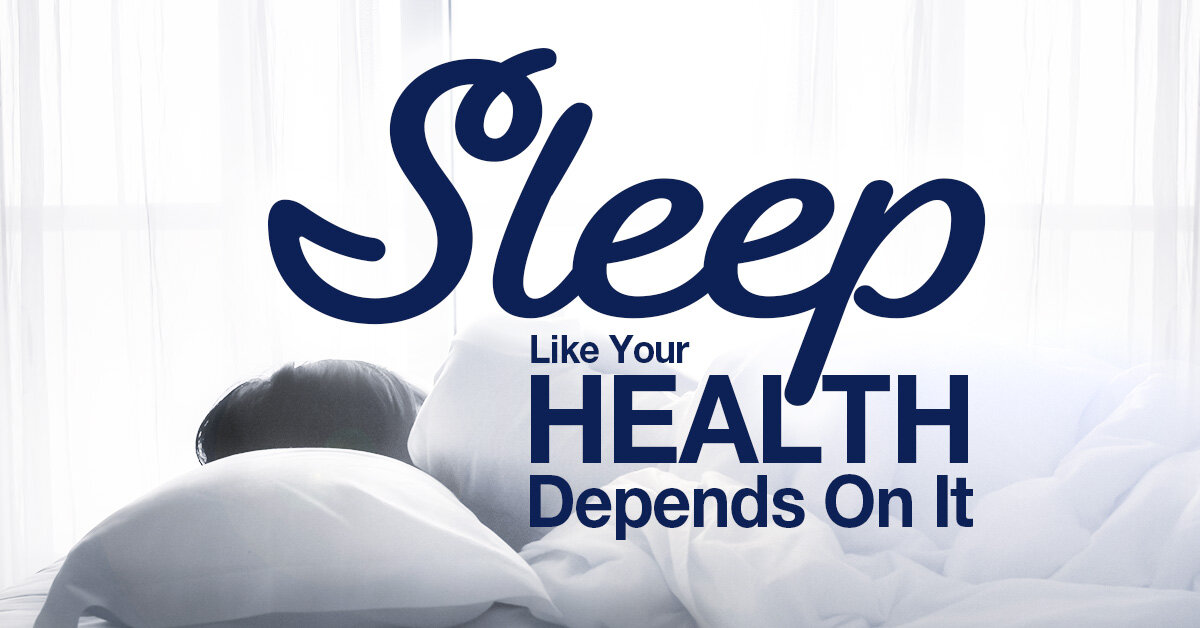Sleep Like Your Health Depends On It
A good night’s sleep is increasingly being recognized as important as healthy eating and being physically active. It is essential to feel rested and ready to take on the day to accomplish our goals, when we wake up.
More than 50 million Americans have sleep disorders, and 1 in 3 adults do not regularly get the recommended amount of uninterrupted sleep they need to optimize their health. (1) Studies suggest aiming for 7-8 hours of good sleep every night to keep our bodies healthy. (2)
Sleep has an impact on our immune system, mental wellbeing, metabolism, lowering the risk of hypertension, diabetes, obesity, depression, heart attack and stroke. (3)(4)(5) When you skimp on sleep, your body makes fewer cytokines, reducing your body's ability to fight infection.
Serotonin is a neurotransmitter that helps the brain control your sleep and wake time. When levels dip, you feel fatigued and at times it’s almost like a mini bout of depression. You can naturally boost your serotonin levels with exposure to sunshine. Of note, people living far from the equator have used artificial light technology, if you’re on a schedule that limits your exposure to natural light, you may want to try light therapy.
The hormone melatonin hormone rises in the evening and prepares you for sleep. You can improve your melatonin levels by limiting blue light at night, getting natural light during the day, reducing stress and quitting smoking. Supplementing with low dose melatonin is recommended by some, but it can negatively affect blood sugar and blood pressure. (6)
Optimize your sleep quality and your health with these 10 tips.
10 Tips to a Good Night’s Sleep
Sleep in a quiet, cool, dark room.
Follow a consistent sleep schedule.
Create a relaxing pre-bedtime routine.
Use the bedroom for sleep and sex only.
Expose your eyes to outside light during the day. If your location on the earth is not ideal for natural light, consider using light technology.
Limit blue light from the computer, TV, phone, and other screen devices an hour or more before bedtime.
Have a lighter supper and skip the snack before bed. Eating a lot of food in the evening disrupts sleep because your body is digesting food instead of resting.
Get some physical activity in your day. A word of caution: sometimes evening workouts can make it harder to fall asleep.
Caffeine is a stimulant, so try to avoid it 4-5 hours before bedtime.
Alcohol may induce sleep, but it decreases REM sleep, which is the restorative sleep we need to feel rested the next day.
Find even more resources on sleep from the Sleep Foundation and NIH.

